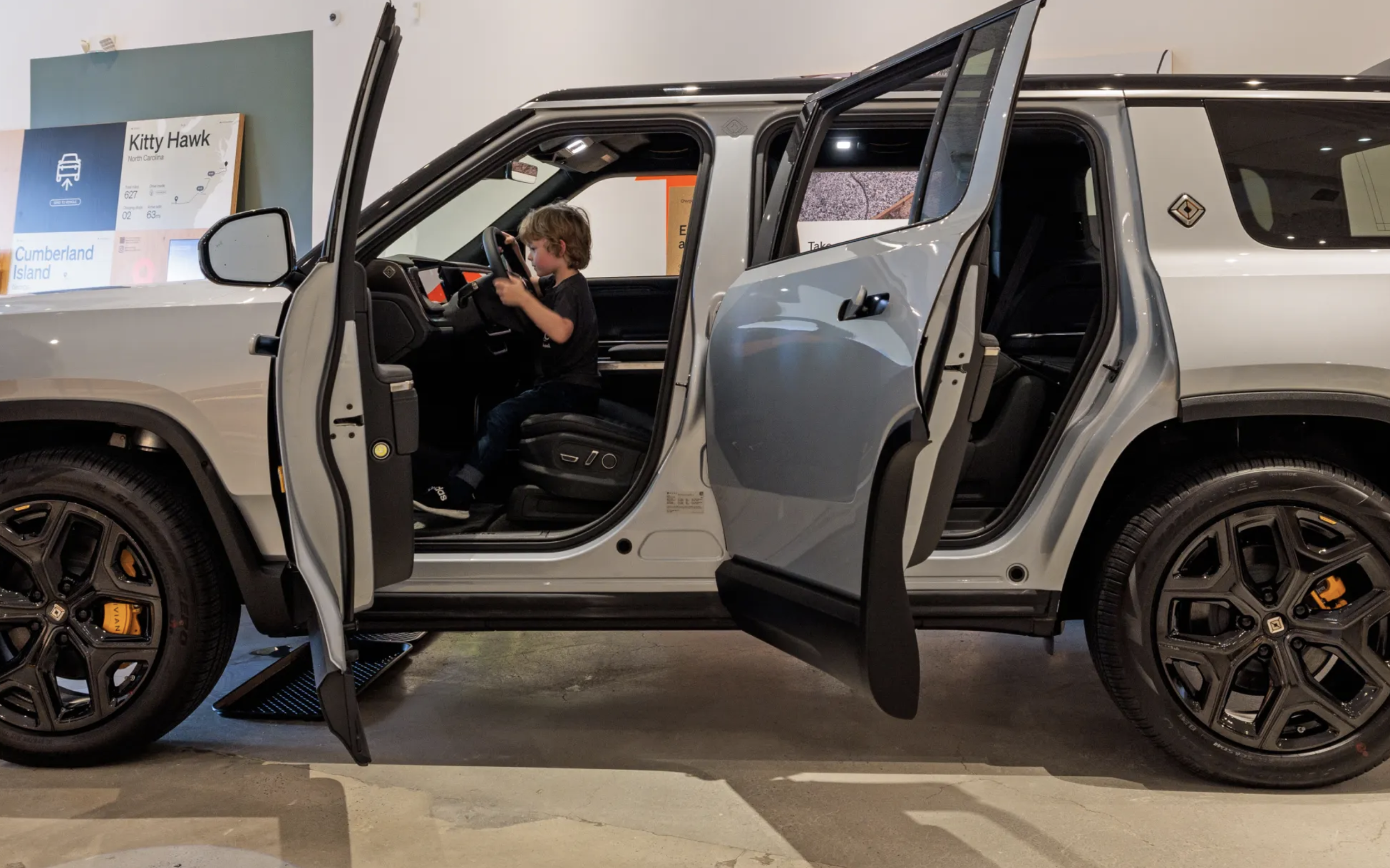Beyond Just Green: Why EVs Will Win
Alan Hoffman
September 1, 2025
While we often talk about how EVs are a more sustainable choice, the truth is they are simply better. The technology, the safety features, the driving experience, the enjoyment. EVs are also less expensive to operate and maintain. Yes, if you look at every metric, owning an EV is the superior option.
Let’s start with the financial aspect: For many, EVs may seem more expensive initially, but the total cost of ownership reveals that they are cheaper — important to remember when making the second biggest investment of your life. And it’s not just the obvious savings of running on electricity instead of gas.
Imagine no oil changes, no filters, no spark plugs, fewer brake replacements. Think about how much easier electric motors are to maintain, without all the complicated moving parts that make traditional engines rattle, hum and wear down. Add in tax credits and other incentives and the price disparity narrows further with EVs being an even better bargain. To be precise, EV owners can save between $6,000 and $12,000, according to a 2023 analysis by Consumer Reports, which factored in fuel, maintenance and repairs in addition to purchase price, federal tax credits, financing and resale value. Moreover, owning an EV should become more affordable as competition is growing, more attractive models are arriving and prices are dropping.
However, cost is really just the entry point to what’s so compelling about EVs. What truly distinguishes EVs from the rest is incredible technology.
The electric motor in an EV runs with astounding efficiency. Whereas an ICE vehicle can convert 16%-25% of fuel energy into actual power to the wheels, an EV converts about 90% of its electrical energy directly into motion. There is no fuel to burn, no complex processes where time and energy are lost between pistons, crankshafts and gears. This fundamental difference not only makes EVs more efficient, but also ensures a smoother and more responsive driving experience. The acceleration in an EV is simply outstanding and unmatched, providing driving conditions that must be experienced to be believed.
Then there’s the integration of advanced software and hardware into EVs, as the architecture makes it easier to add more sensors and cameras. Moreover, EVs possess large amounts of computing power that increase safety and support advanced driver assistance systems. These capabilities enable features like automatic emergency braking, which can detect obstacles and apply the brakes faster than any human driver could. This greatly protects not only drivers and passengers, but also pedestrians, cyclists and other vehicles.
And crucially, these systems get even better over time, as one of the most revolutionary aspects of EV ownership is the ability for over-the-air updates, which allows manufacturers to improve vehicle performance and add new features by simply pushing updates to the vehicle’s computer systems. Imagine waking up to find that your car now has an advanced snow mode or improved battery efficiency, all thanks to a simple and free overnight software update. This is an unprecedented change in vehicle ownership — for the first time, your car actually gets better over time, providing continuous improvements and added value.
Owning an EV also eliminates the need to go to gas stations, saving you both time and money. For most, that means simply plugging in at night and waking up to a fully charged vehicle in the morning. And with thousands of new public chargers coming online every year, charging is becoming ever more accessible.
No transmission tunnel means no awkward hump on the backseat floor. Additionally, most EVs boast a frunk — a front trunk — where the bulky engine used to be, giving you even more storage. Maintenance is less frequent and less costly. The ride is quieter.
The list goes on and on.
When given the choice, my 9-year-old son always picks our Rivian. He says the tech is cooler, the acceleration faster, the ride smoother, and frankly, it’s just more fun.
This preference isn’t unique to my family: U.S. consumers also prioritize practicality and fun. When asked what characteristics were especially important when deciding on a new car, 41% said suitability for everyday use, just ahead of driving comfort (39%). The top two criteria, which might not be as exciting to my son, are fuel efficiency and safety (both 53%). Given these criteria, it is no wonder that EVs represent the fastest growing car category.
As more people are introduced to EVs, they realize that going electric is not about losing something but about gaining more than you ever thought possible in a vehicle. More fun, more practicality, more reliability — and ultimately more bang for the buck.
With each passing year, as more models are introduced, the case for EVs becomes clearer: They are the future of transportation and they are here to win the race — not through benevolence, but by being the better product for everyone.


